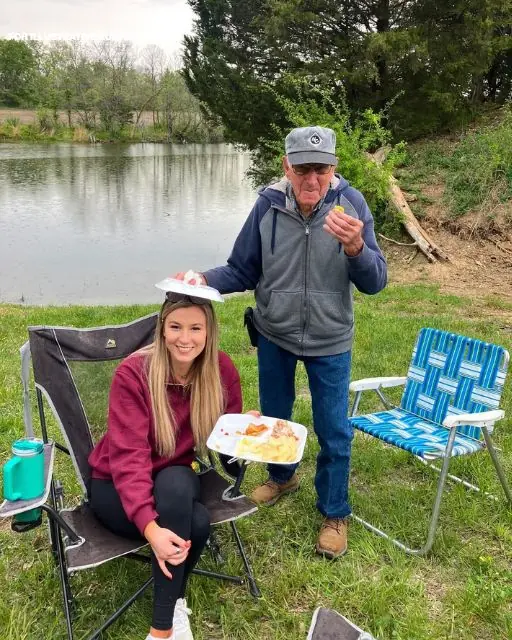
I’M A FARMER’S DAUGHTER—AND SOME PEOPLE THINK THAT MAKES ME LESS

I grew up on a small pumpkin farm about twelve miles outside of a quiet town where mornings start before the sun rises, and the word “vacation” usually means setting up a booth at the county fair. My parents are the kind of people with calloused hands, dirt permanently under their fingernails, and the sort of determination that you can’t teach. They built everything we had from scratch. For the longest time, I believed that grit alone would be enough to earn respect.
Then I got accepted into this elite scholarship program at a private high school in the city. It was supposed to be a game-changer, a real opportunity. But on my very first day, I walked into homeroom still smelling faintly like hay, wearing jeans that had survived one too many chores. A girl with perfect curls and lip gloss leaned over to another and whispered, “Wait—does she, like, live on a farm or something?”
I didn’t say anything. I just lowered my head and took a seat. At first, I convinced myself I was overreacting. But it kept happening—little remarks that stung more than they should have.
“What kind of shoes are those?”
“You really don’t have Wi-Fi out there?”
And once, a guy half-joked, “Do you drive a tractor to school?”
So I stopped talking about home. I buried myself in books, turned every paper in on time, and pretended like I didn’t miss the sound of crickets or the way my dad whistled when he worked. But deep down, I felt ashamed—ashamed of the very place that had shaped me.
Back home, I wasn’t “that farm girl.” I was Lina. I could fix a flat tire, pick the perfect pumpkin, and haggle with produce buyers twice my age. My parents built something real. Why did I feel like I had to hide that?
Everything changed during a school fundraiser. We were asked to bring something from home to sell. While most kids showed up with boxed cookies or crafts made with their babysitters, I brought five pumpkin spice pies—my grandma’s recipe. Baked them the night before. Every single one sold out in less than twenty minutes.
That’s when Ms. Rivera, our guidance counselor, pulled me aside. She started to say something encouraging, but before she could finish, someone else interrupted—a person I never thought would even notice me.
It was Elias.
Everyone liked him. He didn’t need to try hard. He just had this grounded, easy confidence. His dad was a trustee, he was always kind to teachers, and somehow he knew everyone’s name—including mine.
“Hey, Lina,” he said, looking at the empty pie containers. “Did you really bake these yourself?”
I nodded, nervous. I wasn’t sure if this was going to turn into another sarcastic joke.
He smiled. “Any chance I could buy one for my mom? She’s obsessed with pumpkin everything.”
I blinked twice before replying, “Uh, yeah—sure. I’ll bring one on Monday.”
Ms. Rivera gave me a look—half smile, half I told you so. Then she said something that stuck with me: “That pie? That’s not just food—it’s a piece of your story. And it’s a story worth sharing.”
That night, I lay awake not thinking about Elias, but about how much I’d hidden of myself. Why had I convinced myself that where I came from made me less?
So on Monday, I brought more than a pie—I brought flyers. I called it “Lina’s Harvest” and handed out slips that read:
Farm-to-Table Pies – Fresh Every Friday – Ask About Seasonal Flavors.
I thought maybe a couple of students would be curious.
By the end of lunch, I had sixteen pre-orders and a DM from someone named Zayna asking if I catered events. Her grandma’s 80th birthday was coming up.
And that was just the beginning.
Teachers started ordering mini pies for department meetings. One girl even offered me her barely-worn sneakers in exchange for two pies. (I declined. They weren’t my style.) Word spread, and suddenly, I wasn’t hiding who I was anymore—I was showcasing it.
One evening, Elias sent me a photo of his mom mid-bite, eyes wide with delight. The message read:
“She says this beats her sister’s—huge compliment. She never says that.”
I laughed out loud. My dad raised an eyebrow and asked, “That a compliment?”
“Yeah,” I grinned. “A big one. I think we’ve got ourselves a business.”
From then on, Thursday nights were for baking. My parents and I turned our kitchen into a cozy assembly line. Pies, biscuits, seasonal breads—we did it all. And somewhere between kneading dough and folding crusts, I started learning our family stories. Recipes passed down through generations, how my grandma kept baking through years of drought, how my mom sold vegetables from a wagon to keep the lights on.
I started bringing those stories into school. Essays. Speeches. Presentations. I talked about the land, the labor, the legacy. And slowly, people stopped mocking—and started listening.
Even the girl with the shiny curls asked me for a recipe. I gave her a simplified version—no way was she handling a stone hearth—but it still felt like a win.
For our senior capstone, we had to create something that reflected our identity. I made a short documentary. It showed my mom rinsing kale in a bucket, my dad feeding scraps to our old dog, and me at the local fair, standing proudly behind my stall beneath a hand-painted sign.
When the video played in front of the entire school, I didn’t watch the screen. I stared at the floor, heart racing.
And then—applause.
Real, loud, standing applause.
Afterward, Elias came up to me and gave me a one-armed hug.
“Told you your story mattered.”
I smiled. “Took me a while to believe it.”
I used to think people wouldn’t respect me if they knew where I came from. But now I know the truth: you teach people how to see you. When you stand tall in your own story, it doesn’t weigh you down—it lifts you up.
So yes, I’m a farmer’s daughter.
And that doesn’t make me less.
It makes me rooted.
News in the same category

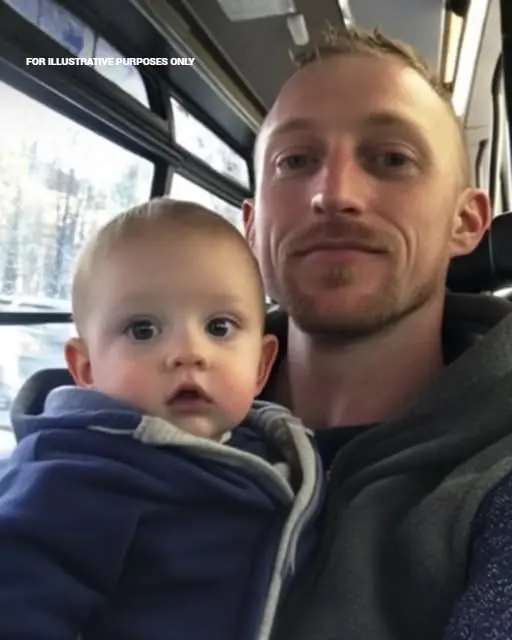
I Paid a Fortune Teller’s Bus Fare – The Note She Slipped Me Uncovered a Terrible Secret
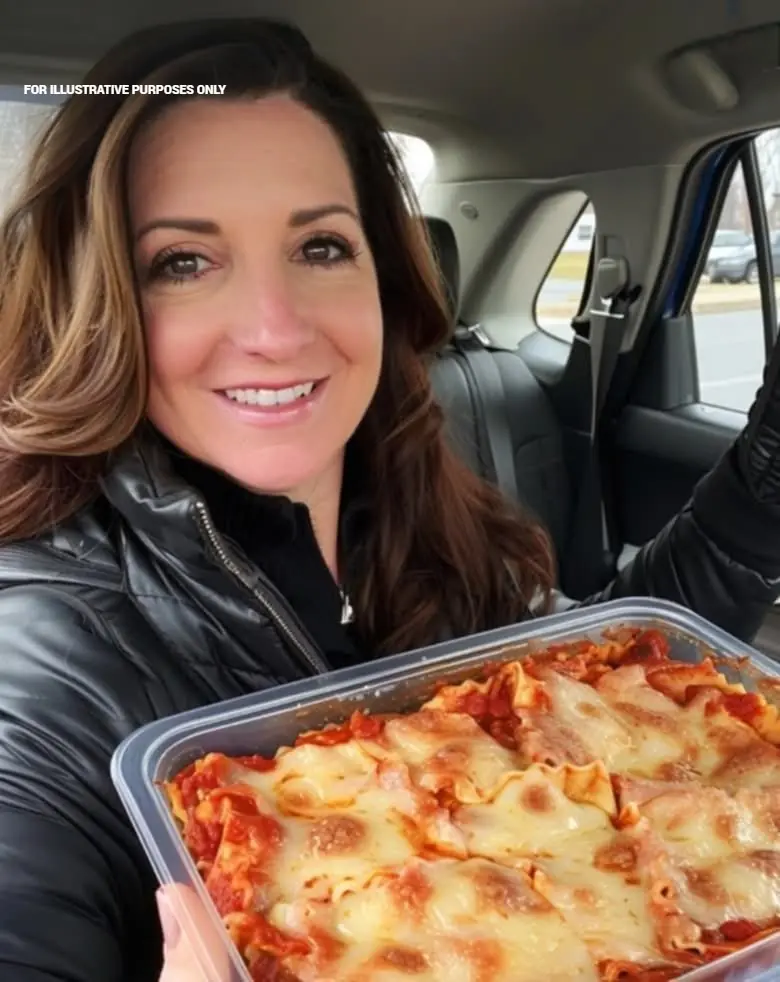
My Husband Sent Me to Deliver Dinner to His Sick Mom – Then My Lawyer Called Urgently, Yelling ‘Turn Back Immediately!’
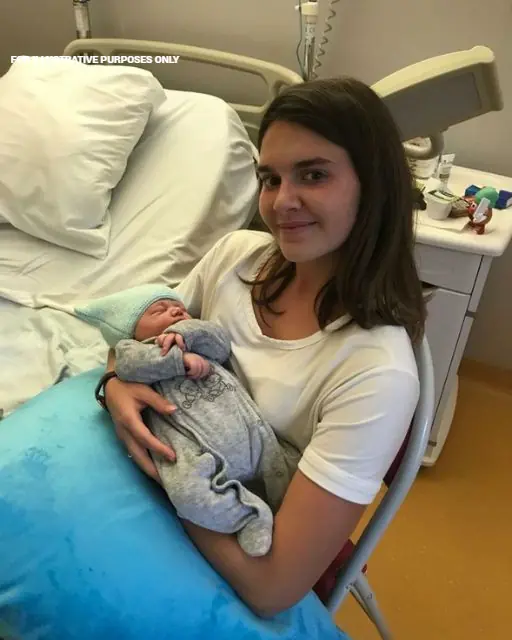
MY DAUGHTER HAD HER FIRST CHILD—AND TOLD THE NURSES NOT TO LET ME IN
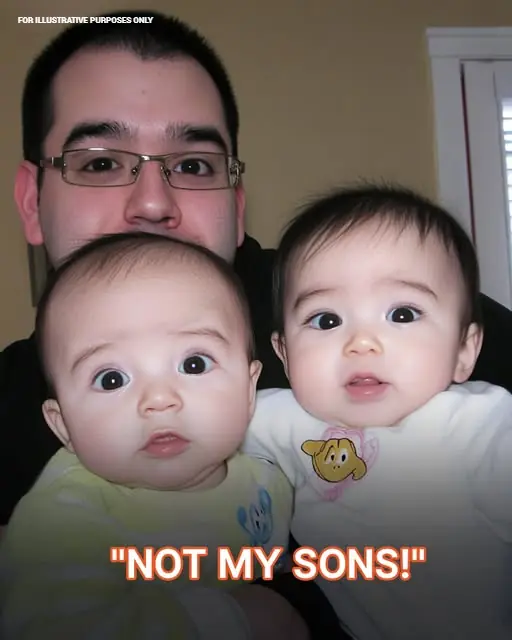
One of my boys got sick, so I took them both in for tests
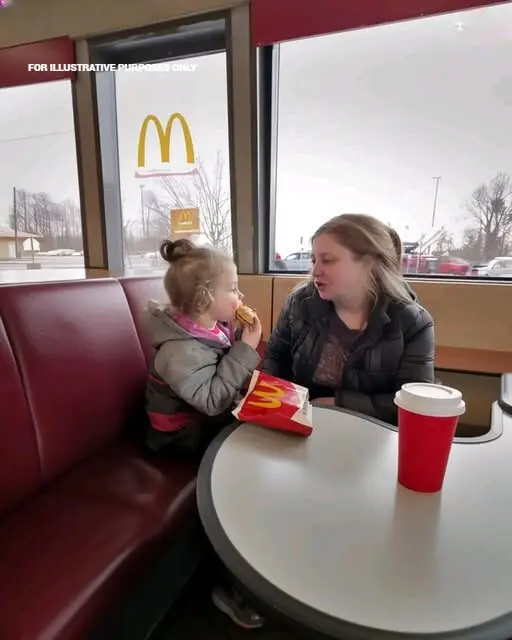
I stopped by McDonald’s for a quick meal and overheard a mom talking to her little girl
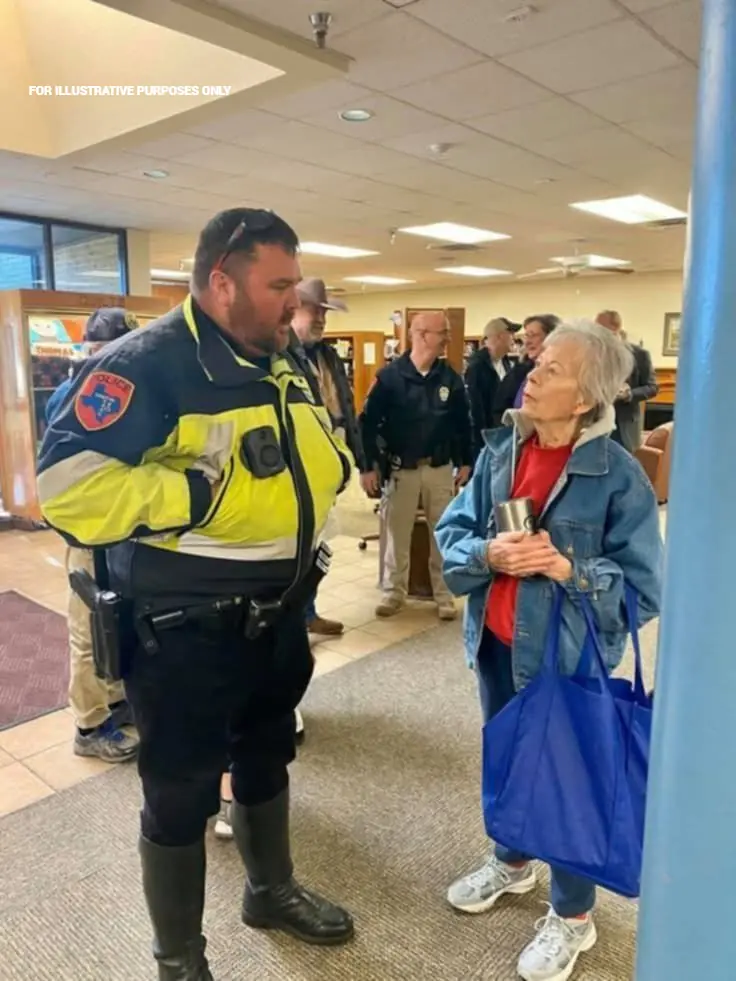
SHE KEPT SAYING “HE’S COMING BACK”—SO I STAYED
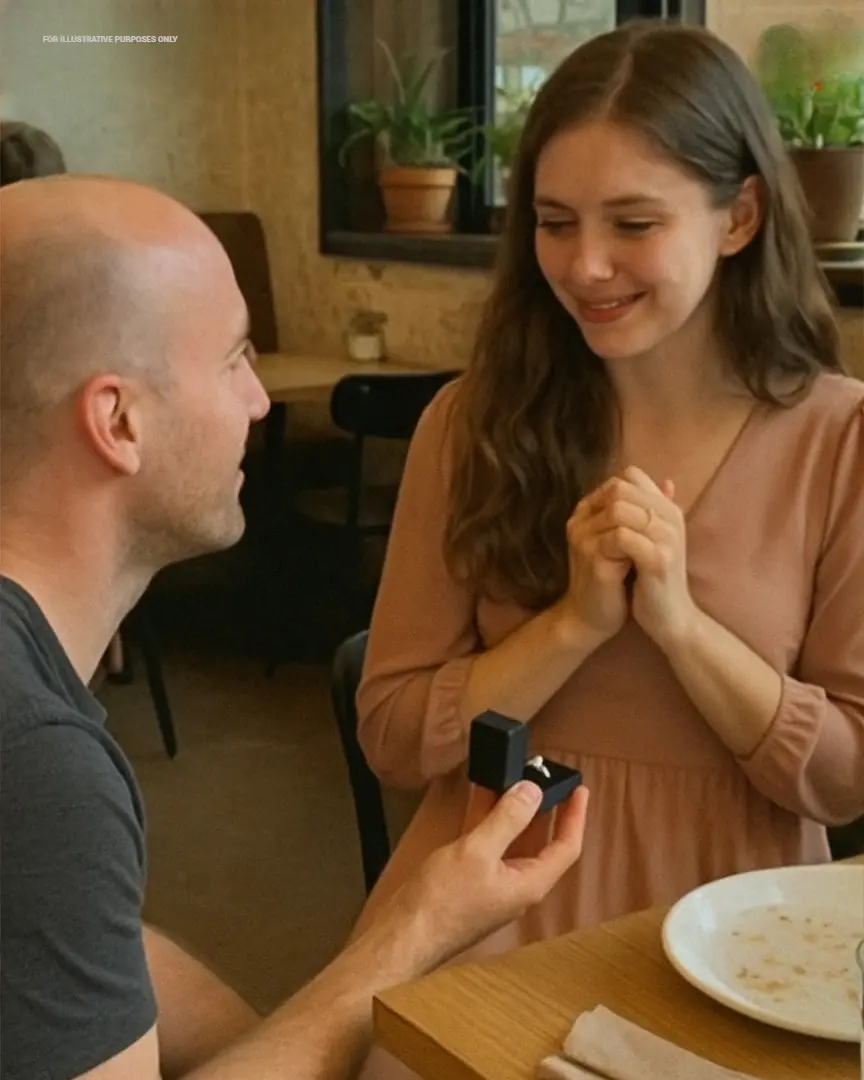
My Boyfriend Proposed Right After Seeing My Luxury Apartment—He Had No Idea It Was a Test
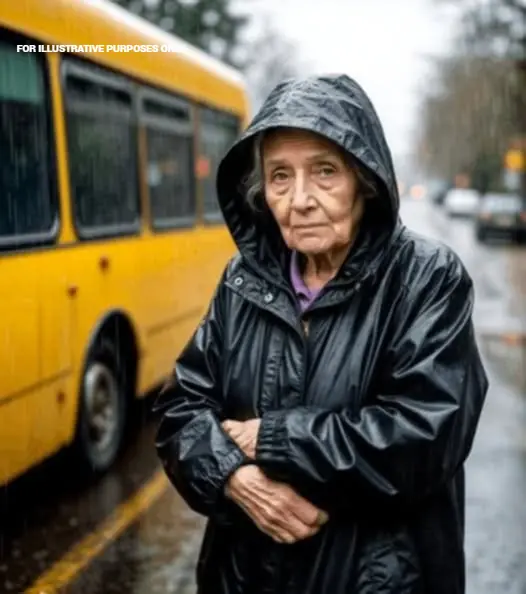
The bus driver kicked out an 80-year-old woman who hadn’t paid for her ticket
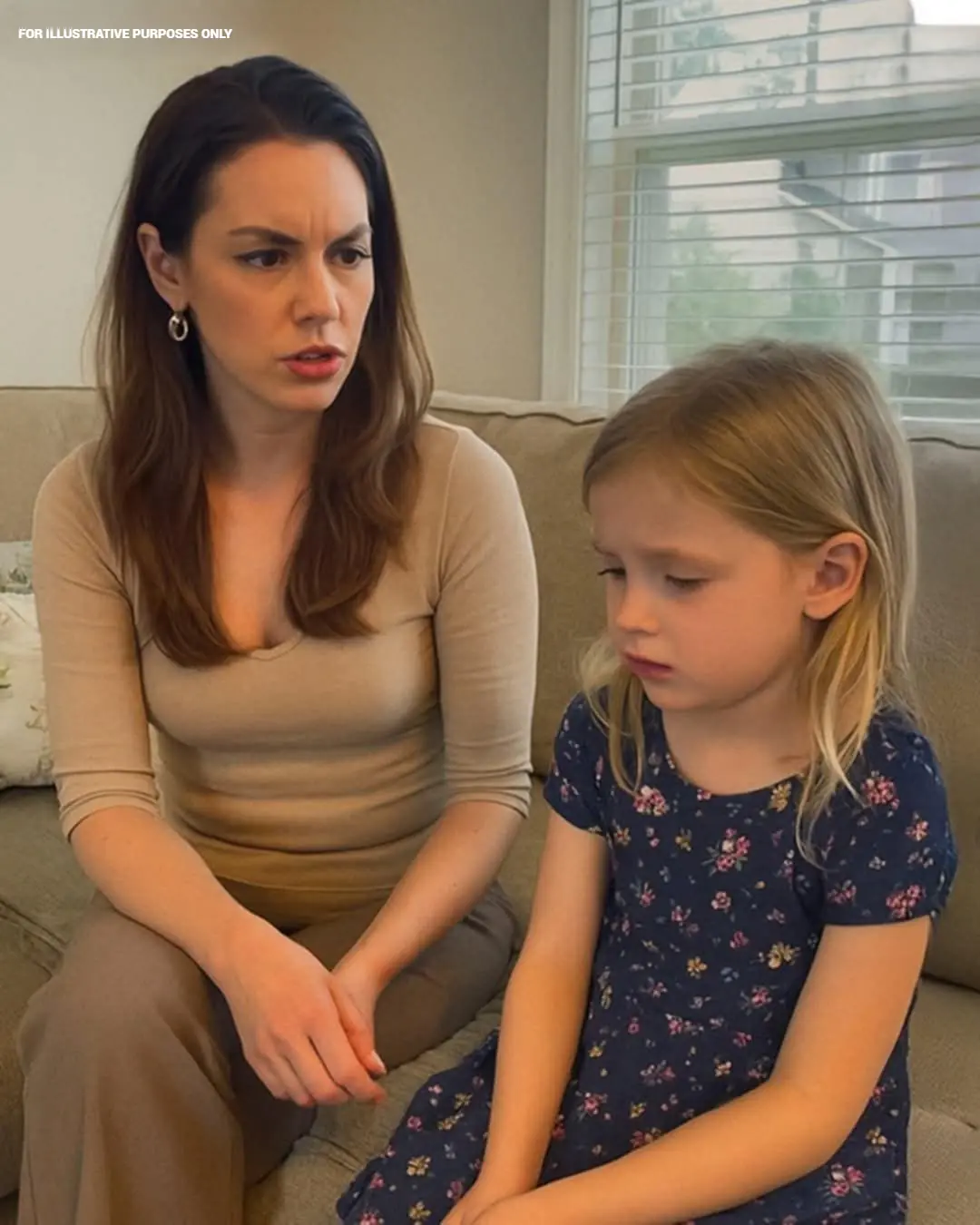
My Granddaughter’s Stepmom Was Stealing the Money I Sent Her — So I Made Her Pay for Every Lie
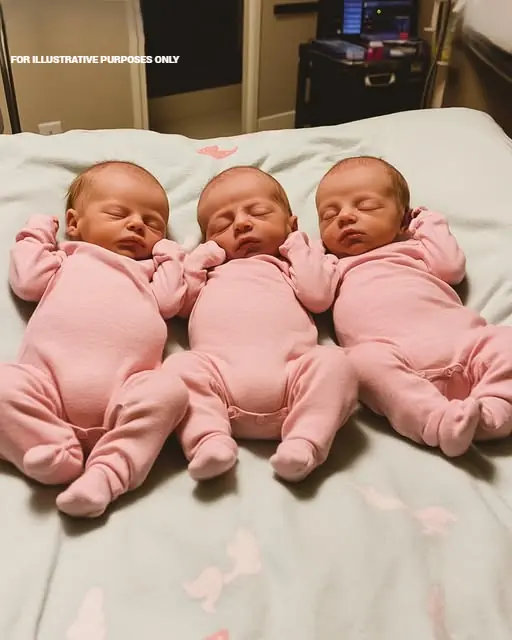
My husband came to take me and our newborn triplets home, but he told me to leave them at the hospital.
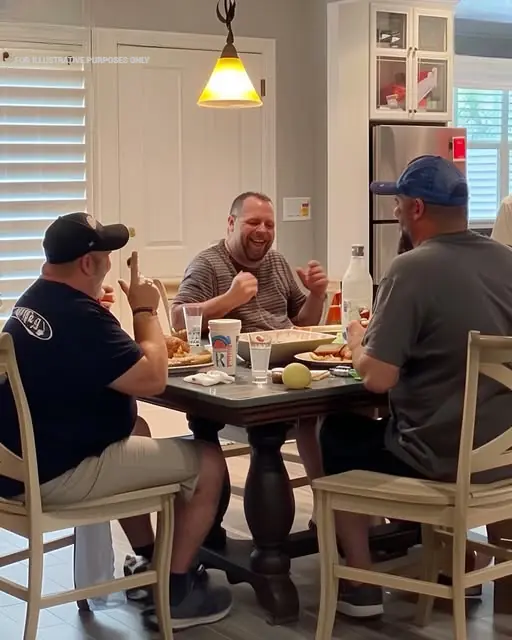
My Husband Canceled My Birthday Dinner So His Friends Could Watch the Game at Our House — He Regretted It
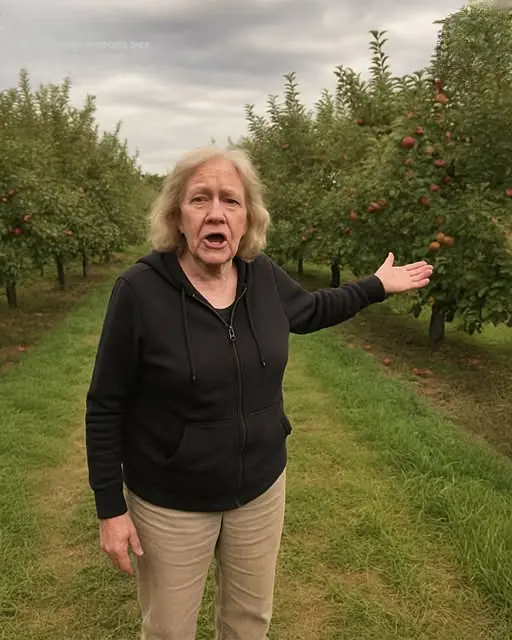
I Was Ready to Give Up on My Orchard – Until a Lonely Boy Reminded Me What Home Really Means
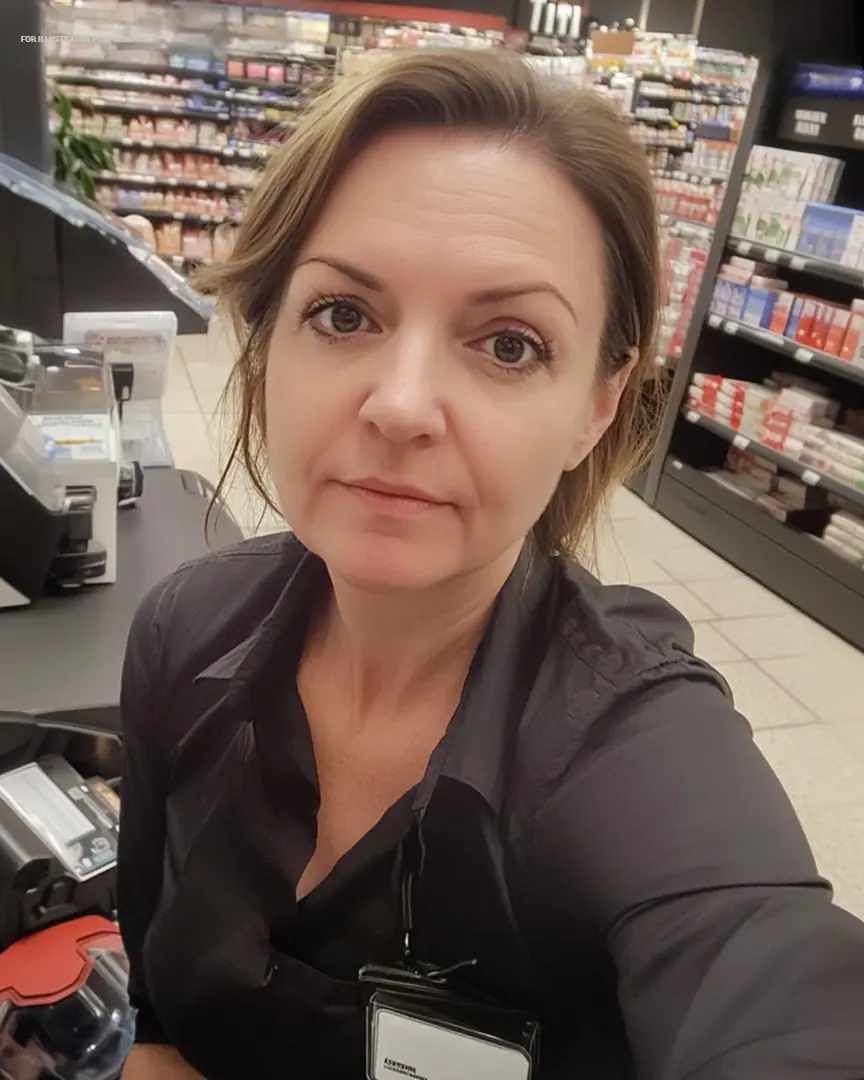
Little Girl is Caught Stealing, but When the Cashier Learns Why, She Makes an Unthinkable Decision — Story of the Day
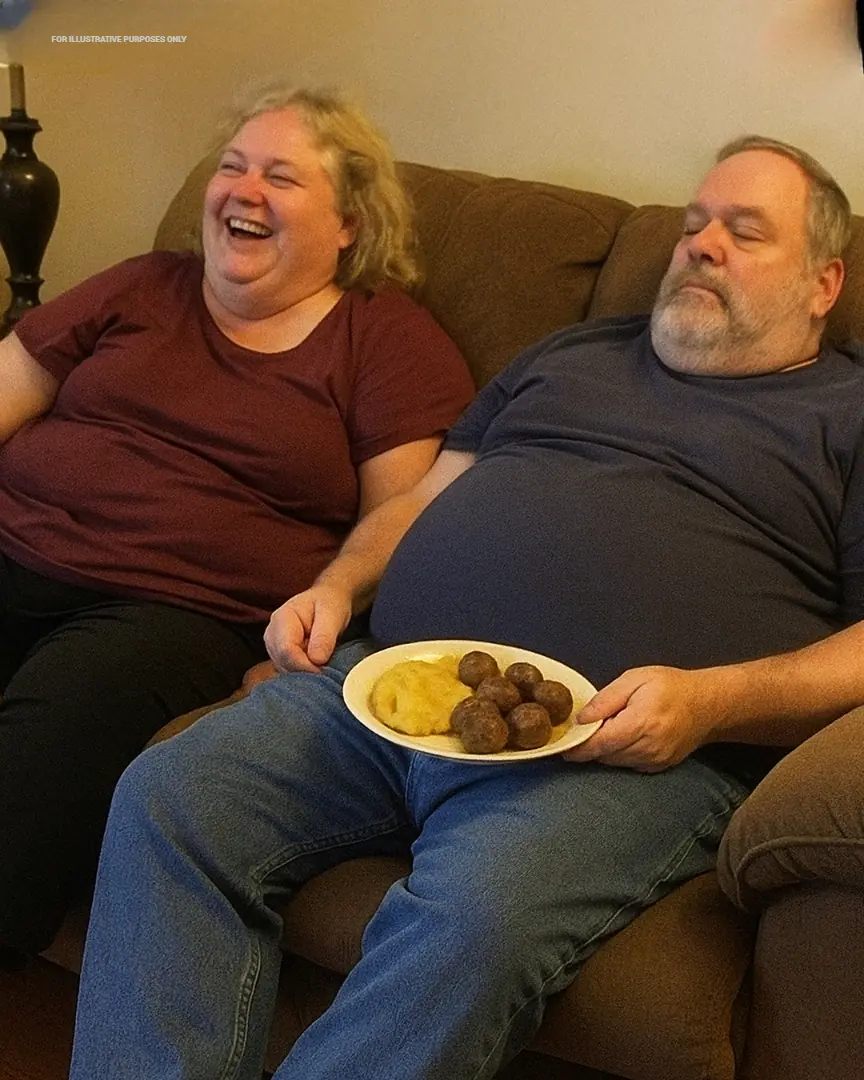
My Daughter's In-Laws Took the Money I Sent Her & Treated Her Like the Maid—I Made Sure They Knew It Was a Big Mistake

🌿 Ancient Herbal Infusion to Cleanse Your Kidneys and Eliminate Toxins
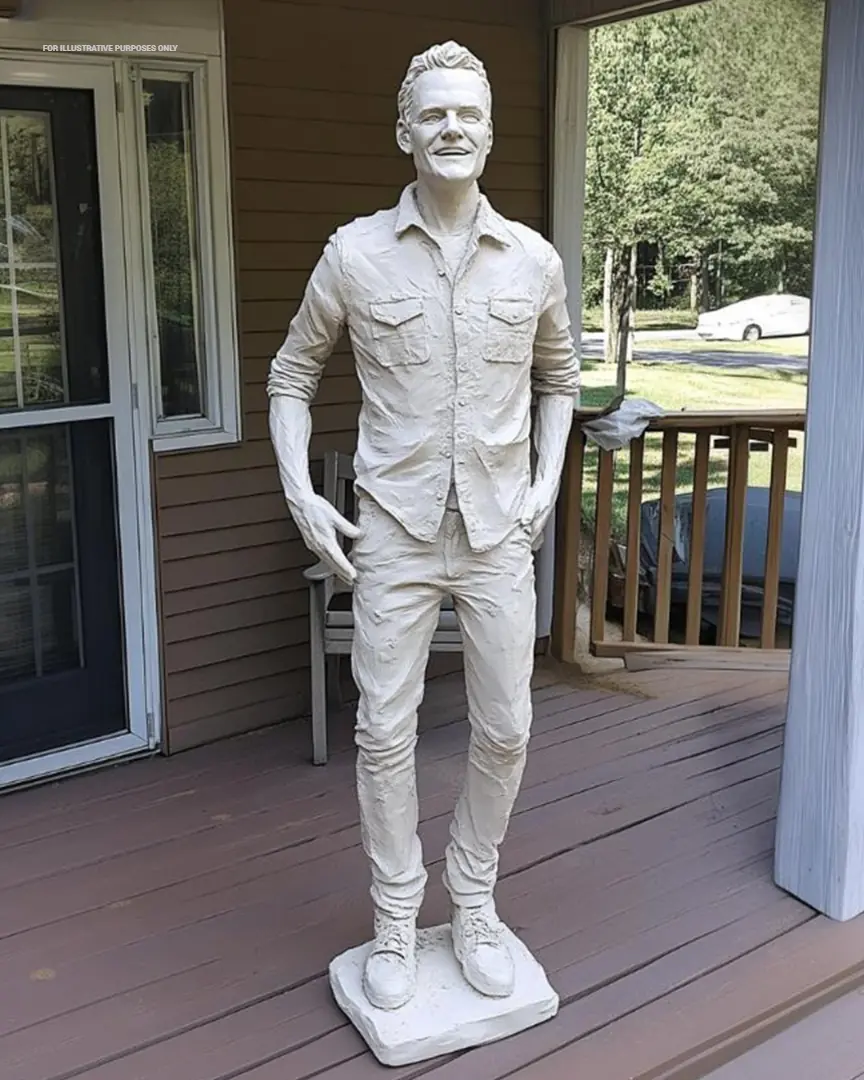
I Found a Life-Sized Statue of My Husband on Our Porch – the Truth Behind It Forced Me to Act
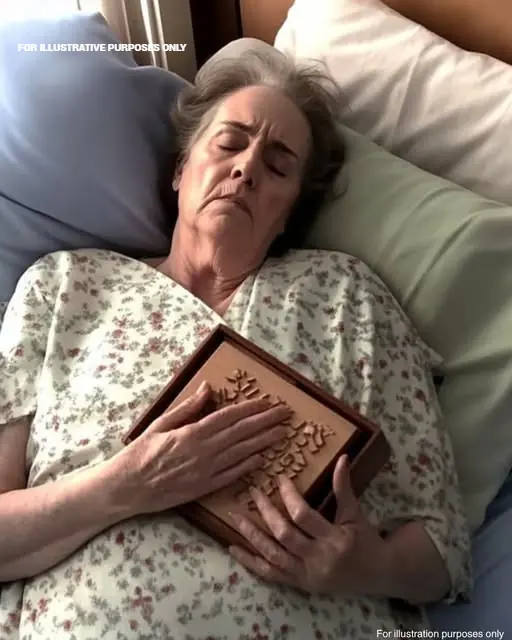
MY DYING NEIGHBOR CALLED ME AND ASKED ME TO VISIT HER URGENTLY – THEN GAVE ME HER SECRET WOODEN BOX
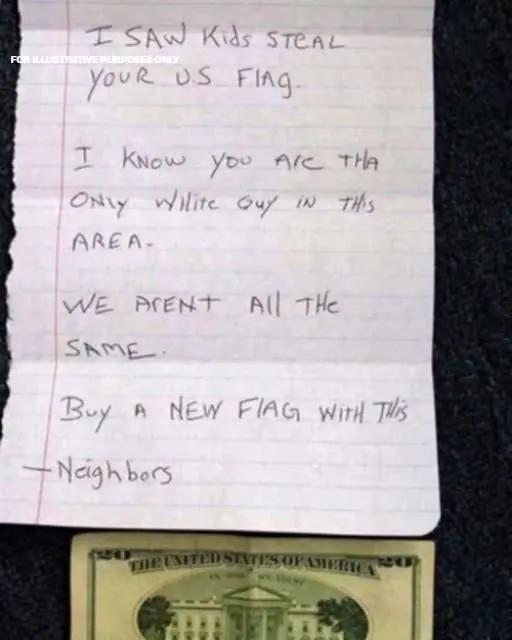
I WOKE UP TO FIND MY FLAG GONE—AND A $20 BILL ON MY DOORSTEP
News Post
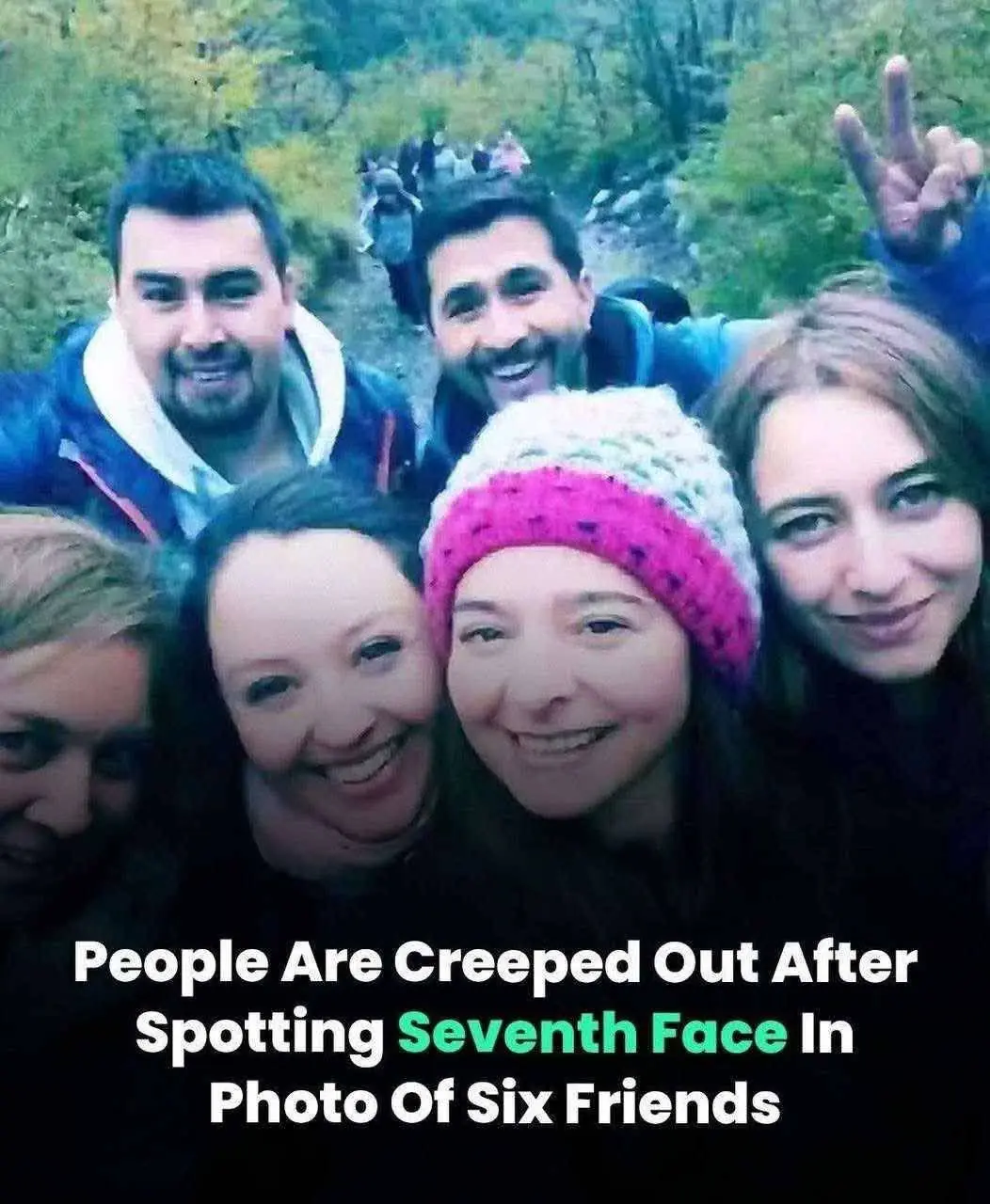
People left terrified after spotting creepy hidden face in group photo
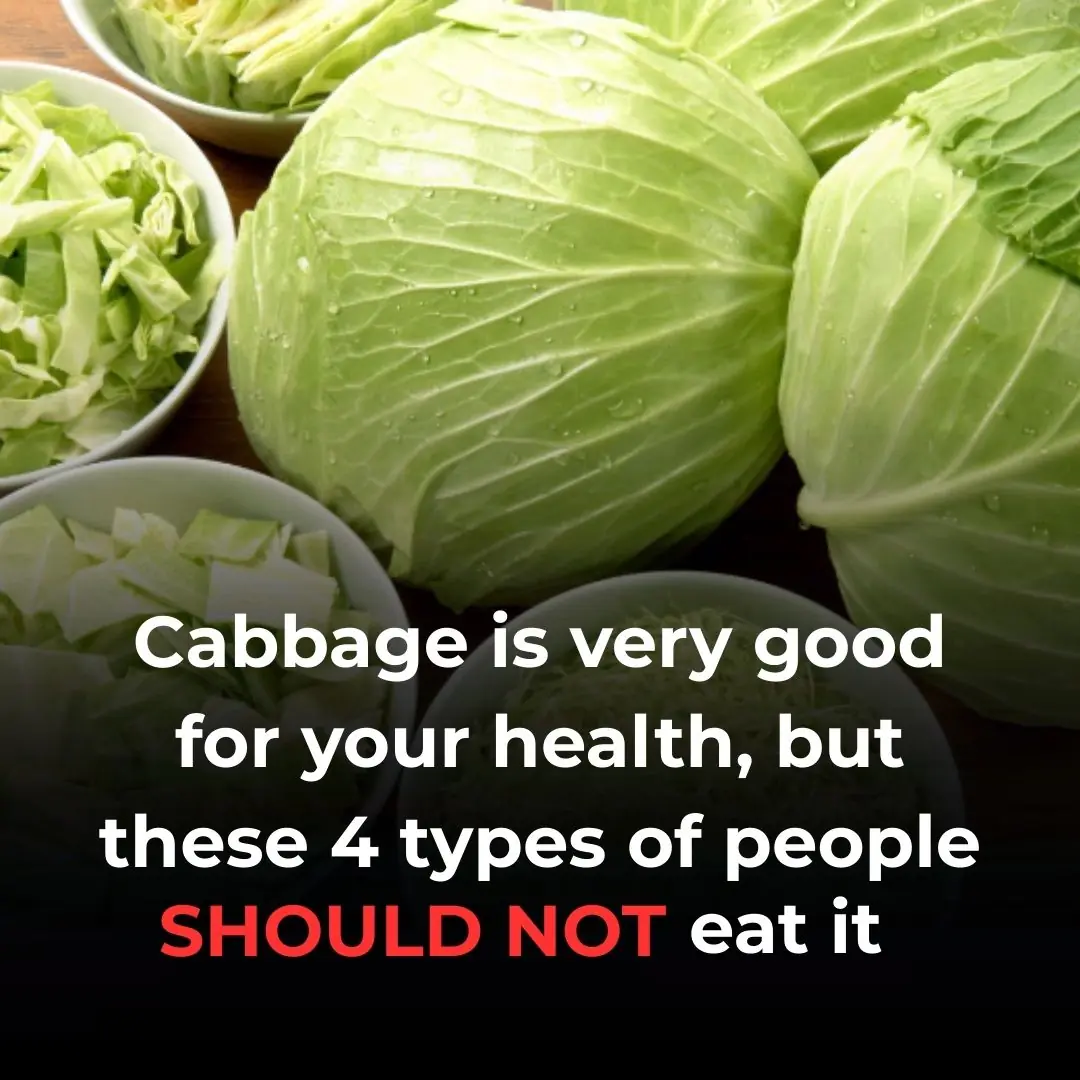
4 types of people who should avoid eating cabbage

GRANDPA ASKED FOR ONE LAST FISHING TRIP—SO WE DROVE HIM OUT BEFORE THE HOSPITAL COULD CALL
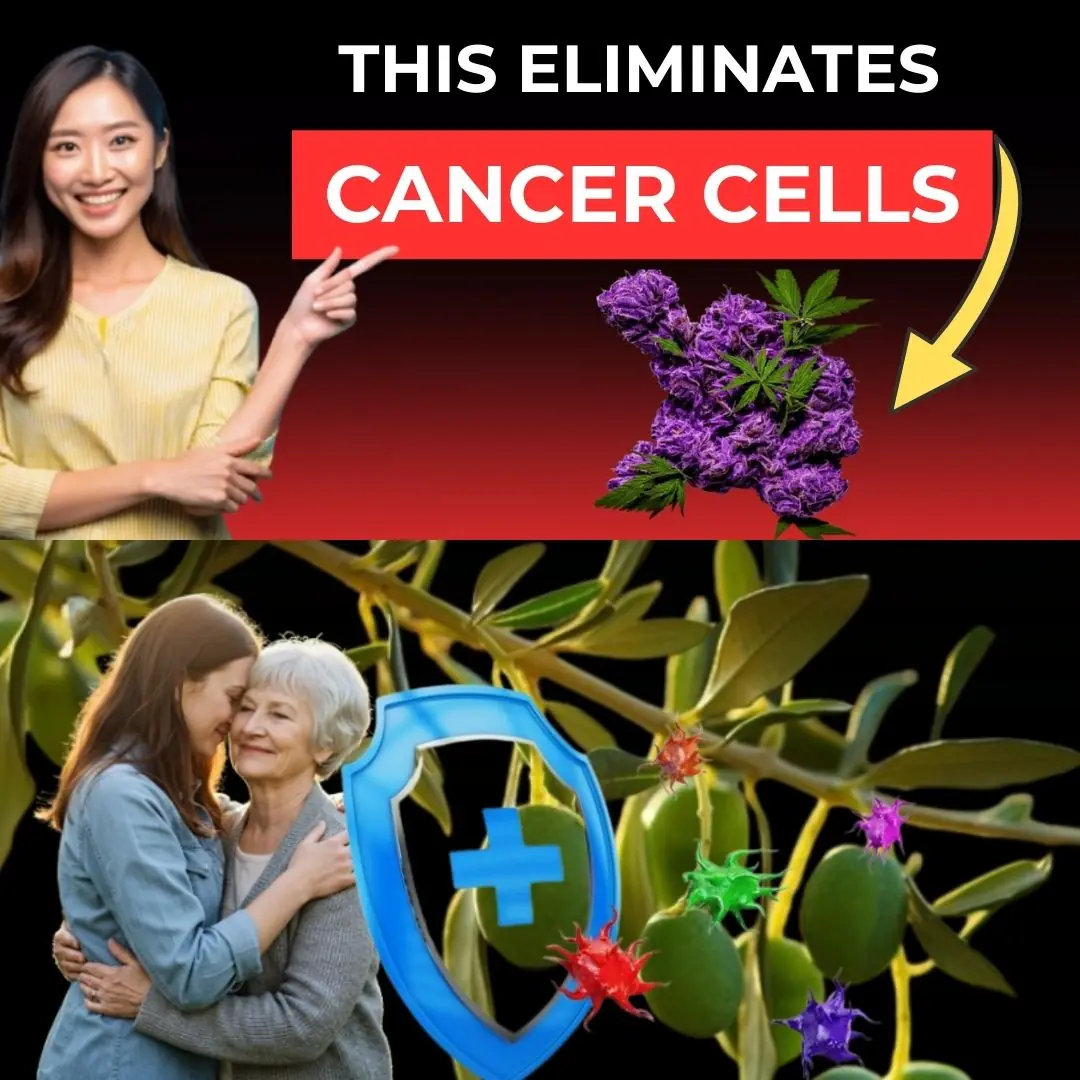
The #1 Anti-Cancer Food You're Not Eating (But Should!)
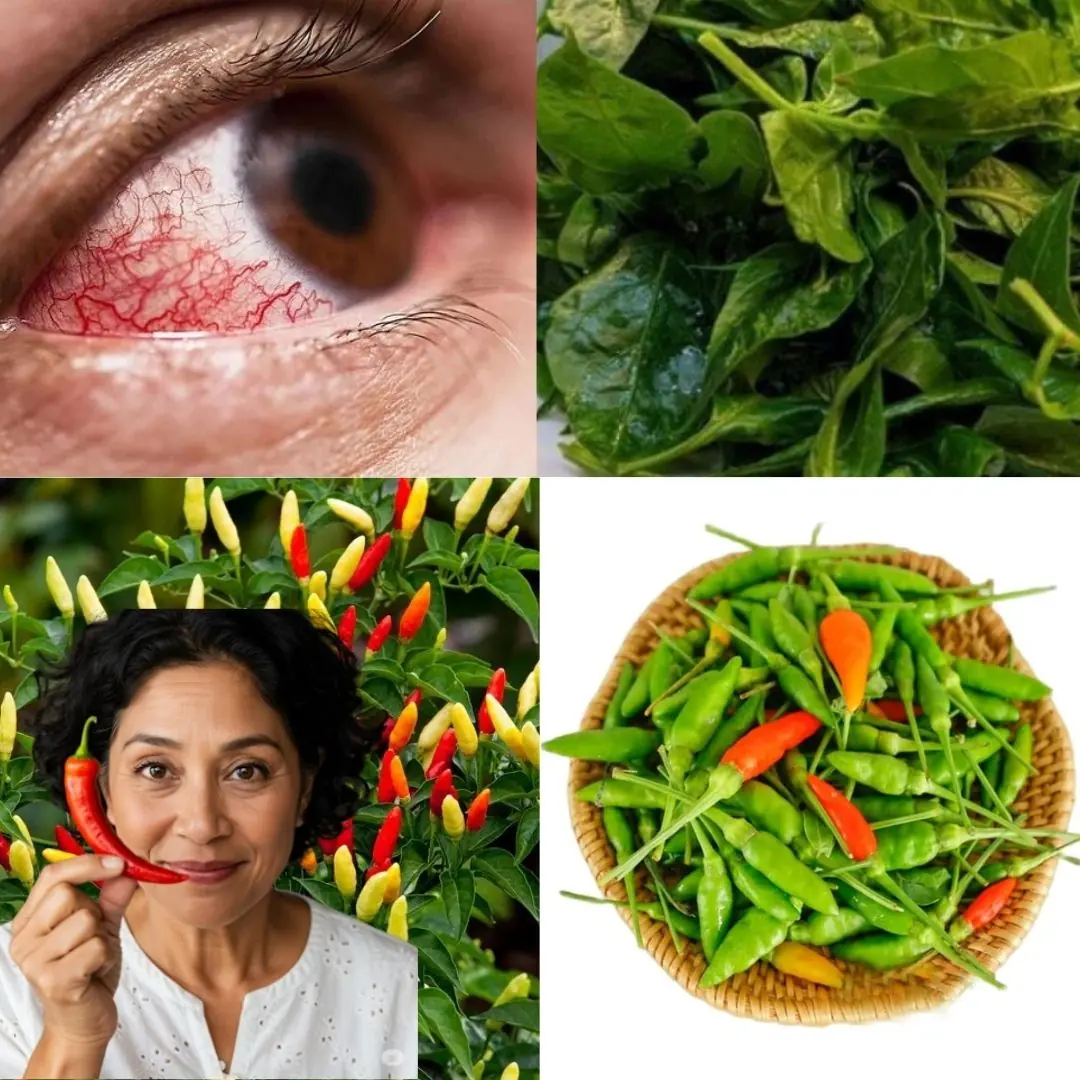
Discover the Untapped Potential of Chili Pepper Leaves: Nutritional Powerhouse for Your Health and Kitchen

Plantar Warts and Skin Tags Disappear Overnight with this recipe

Whiten Your Teeth and Instantly Freshen Your Breath with the Natural Power of Ginger and Baking Soda

I died for six minutes and saw what happens after death… this is what I experienced

People left mind-blown after just realizing what Durex stands for and it's not what you'd expect

I Paid a Fortune Teller’s Bus Fare – The Note She Slipped Me Uncovered a Terrible Secret

Warning signs of a heart attack?

My Husband Sent Me to Deliver Dinner to His Sick Mom – Then My Lawyer Called Urgently, Yelling ‘Turn Back Immediately!’

MY DAUGHTER HAD HER FIRST CHILD—AND TOLD THE NURSES NOT TO LET ME IN

One of my boys got sick, so I took them both in for tests
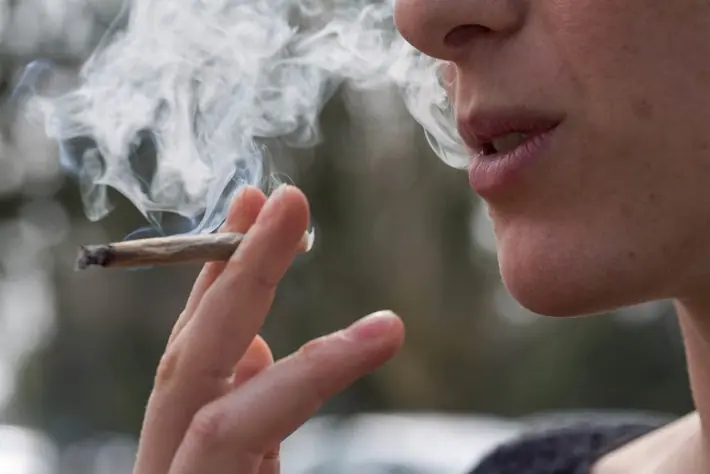
How Smoking Weed Affects Your Body During a Workout

Thailand: Covid-19 re-emerges with more than 53,000 infections, 16 deaths

I stopped by McDonald’s for a quick meal and overheard a mom talking to her little girl

12 signs that may signal a brain aneurysm — Don’t ignore them

SHE KEPT SAYING “HE’S COMING BACK”—SO I STAYED
